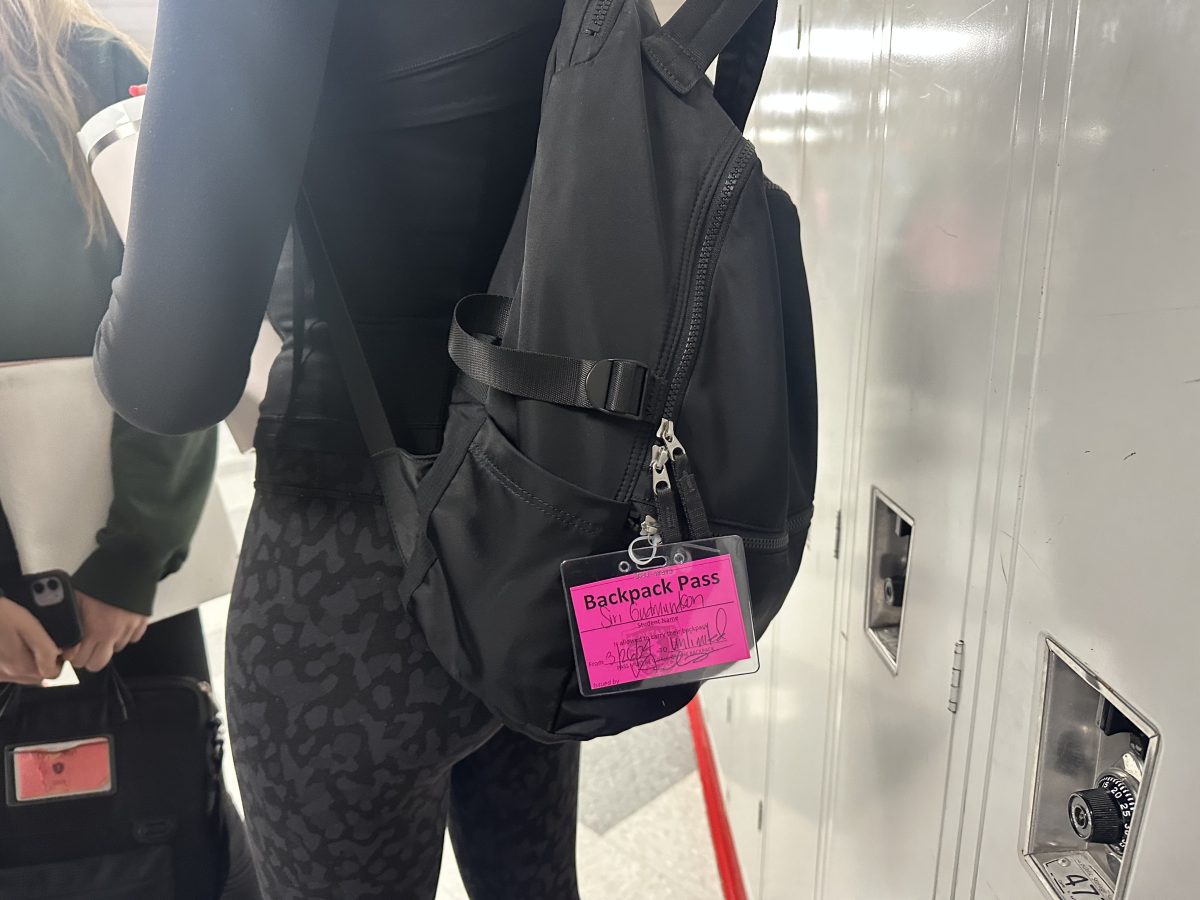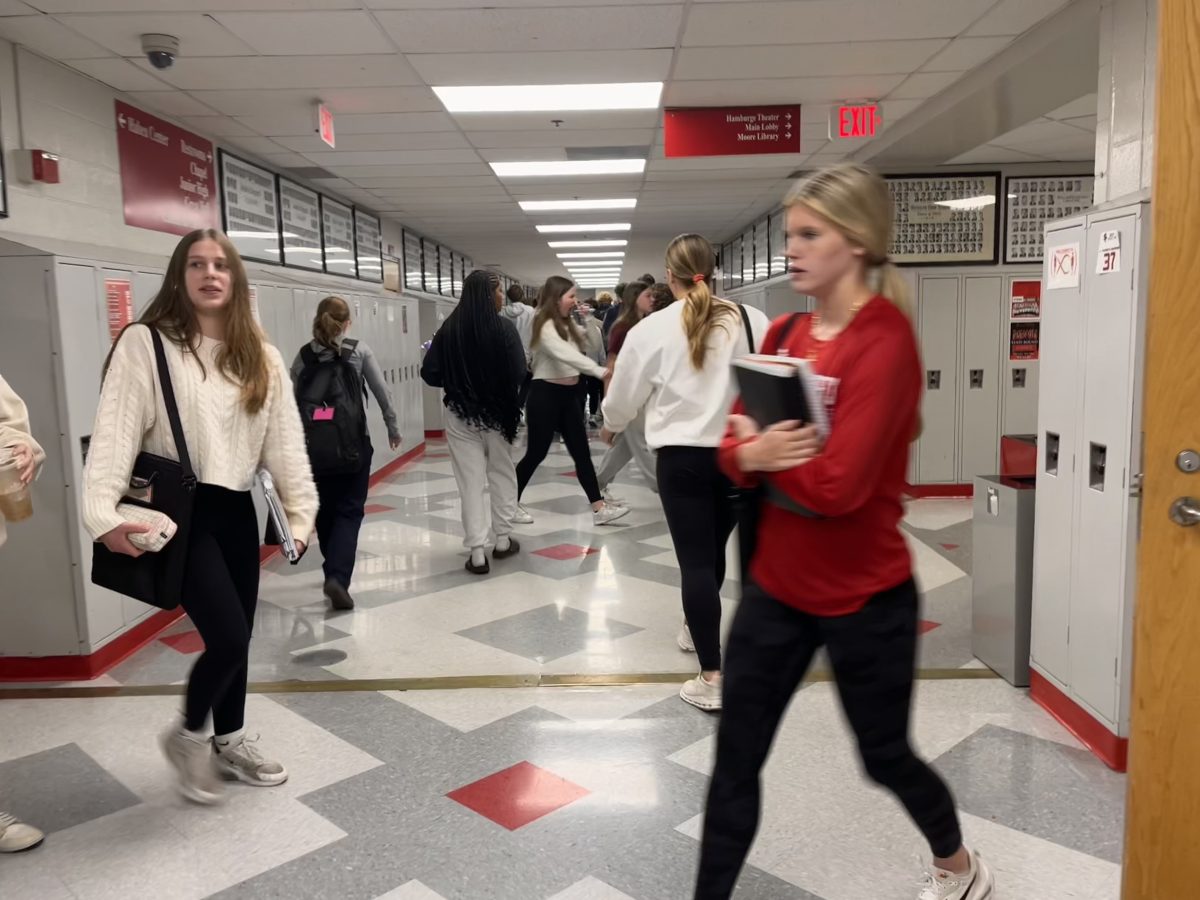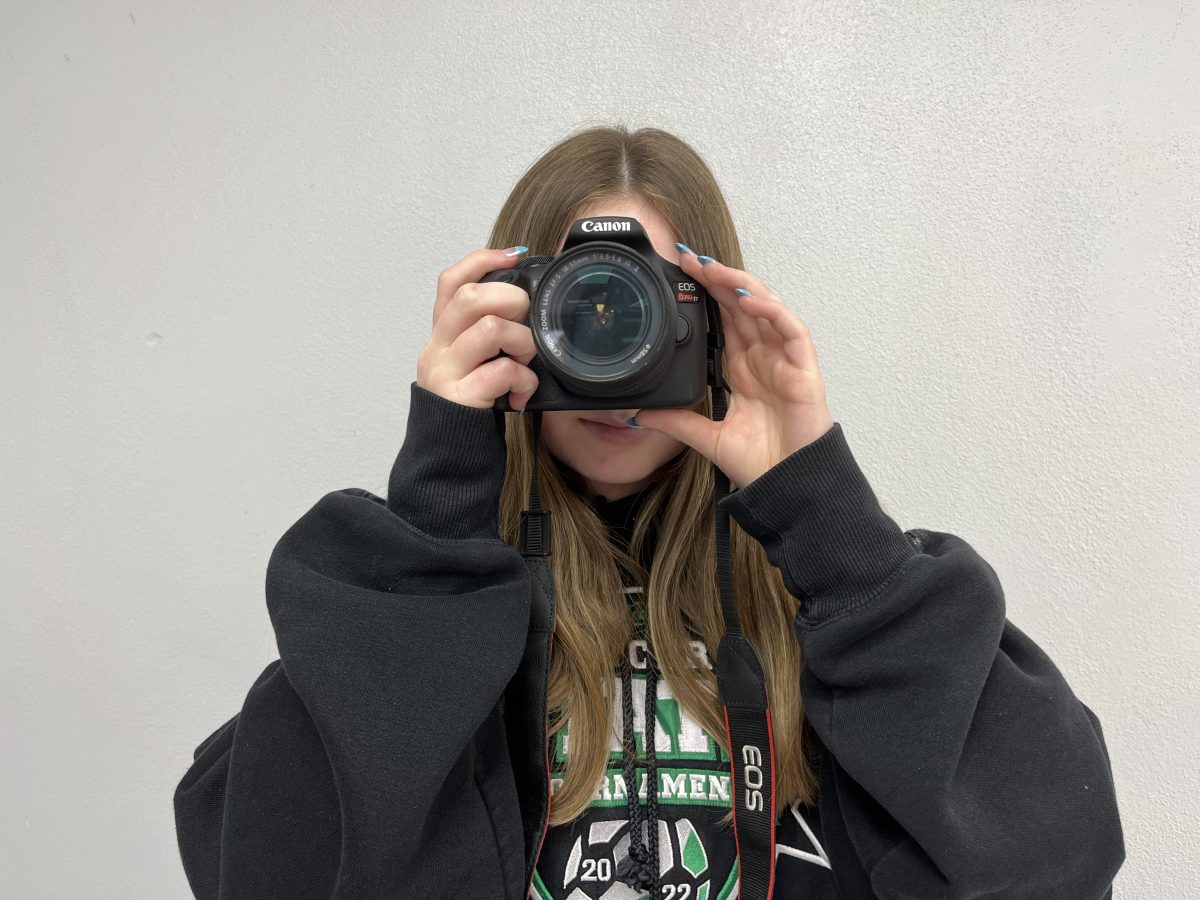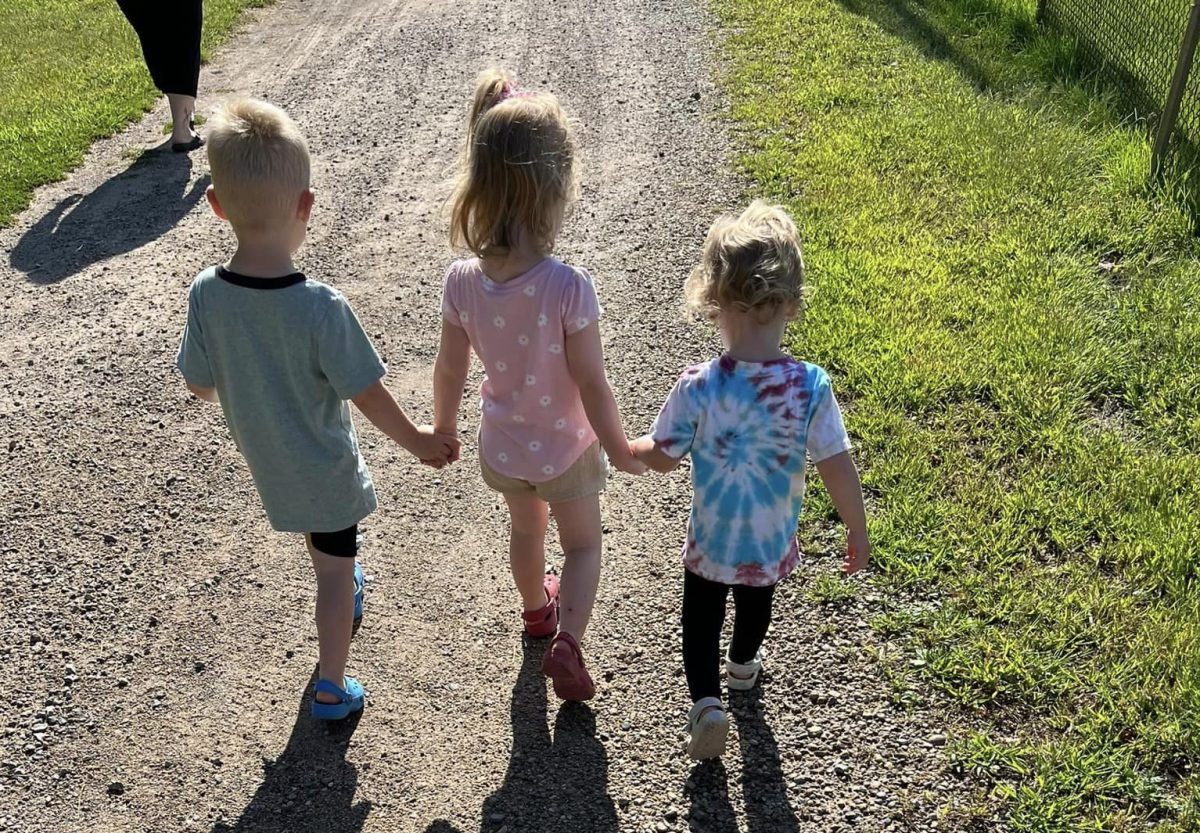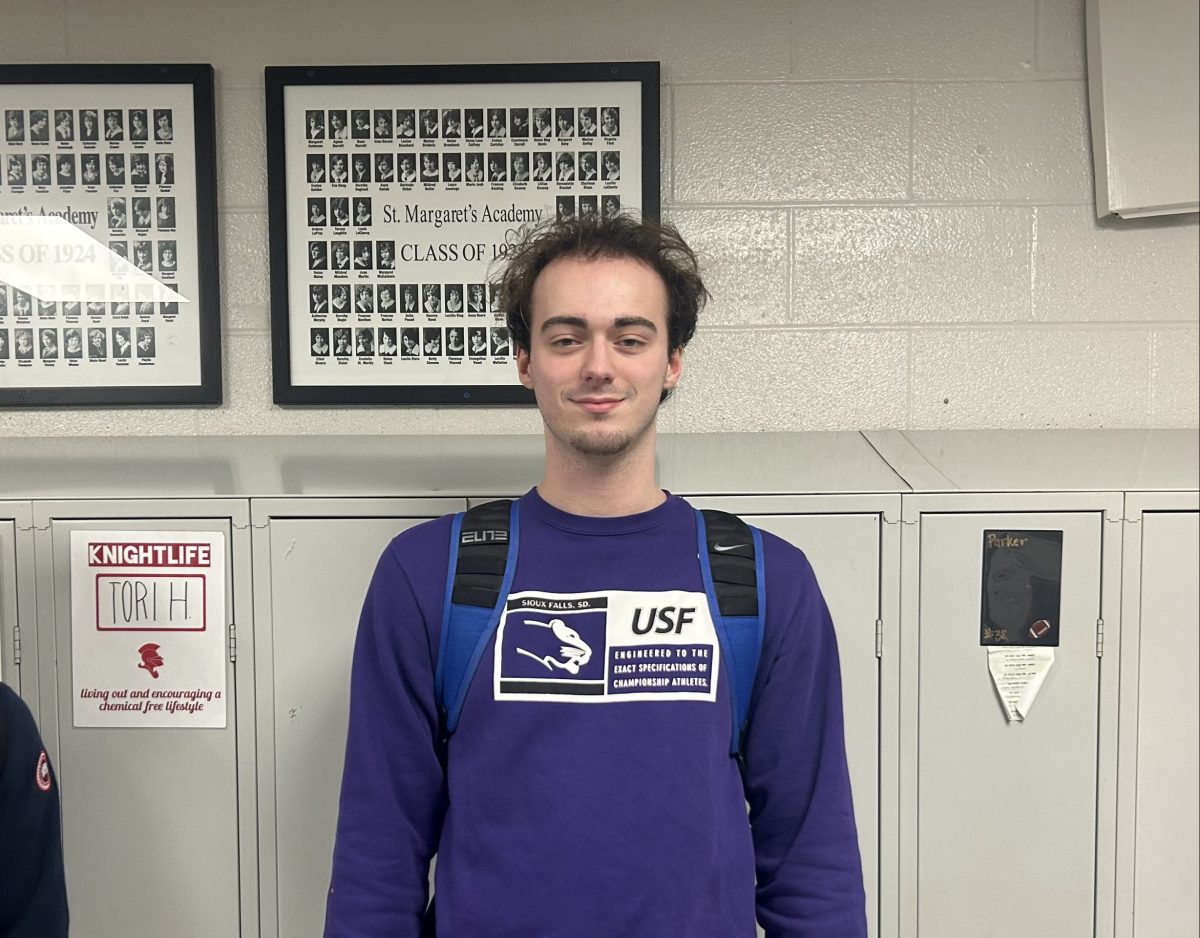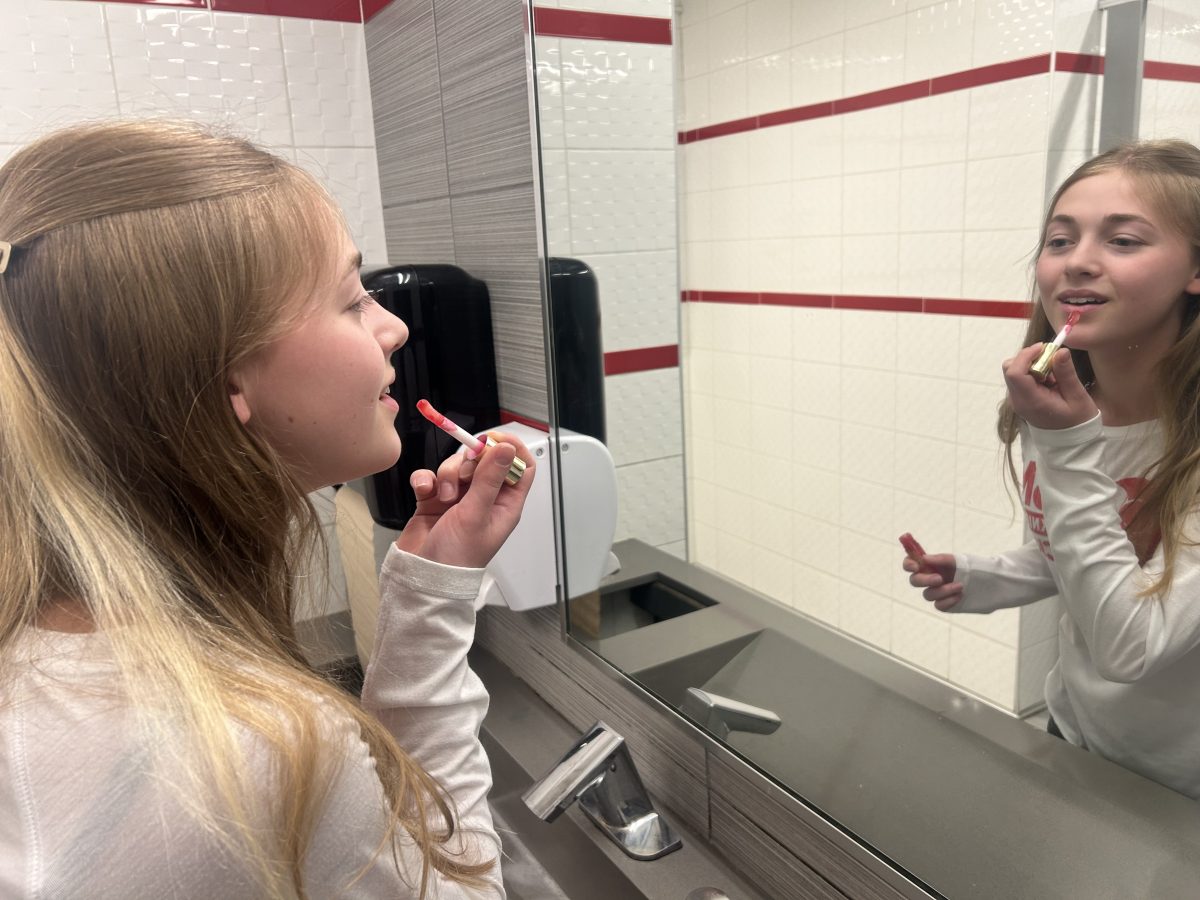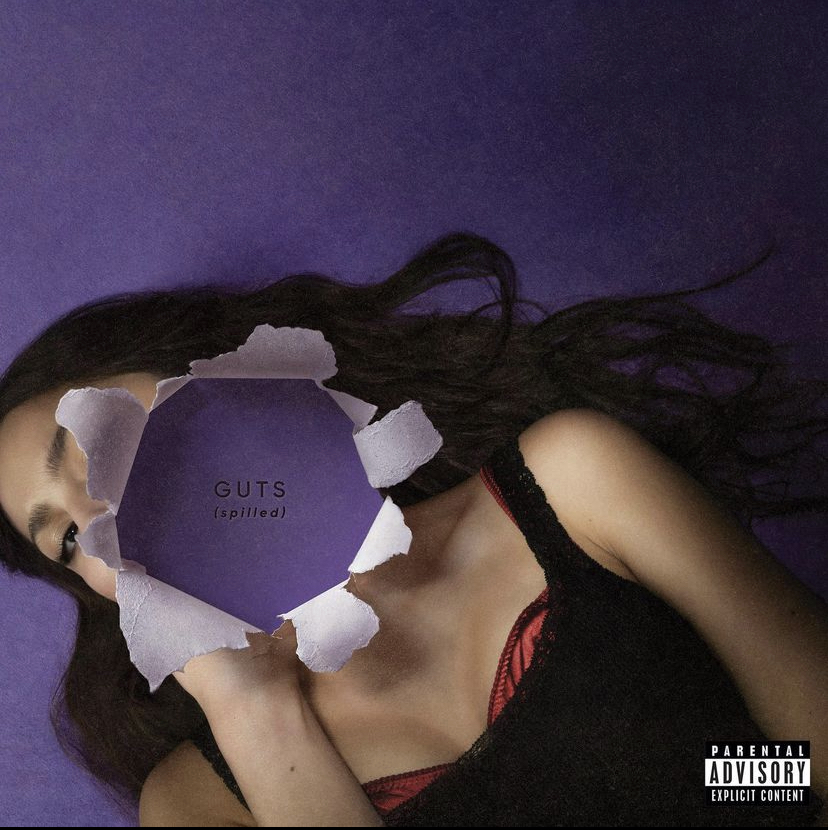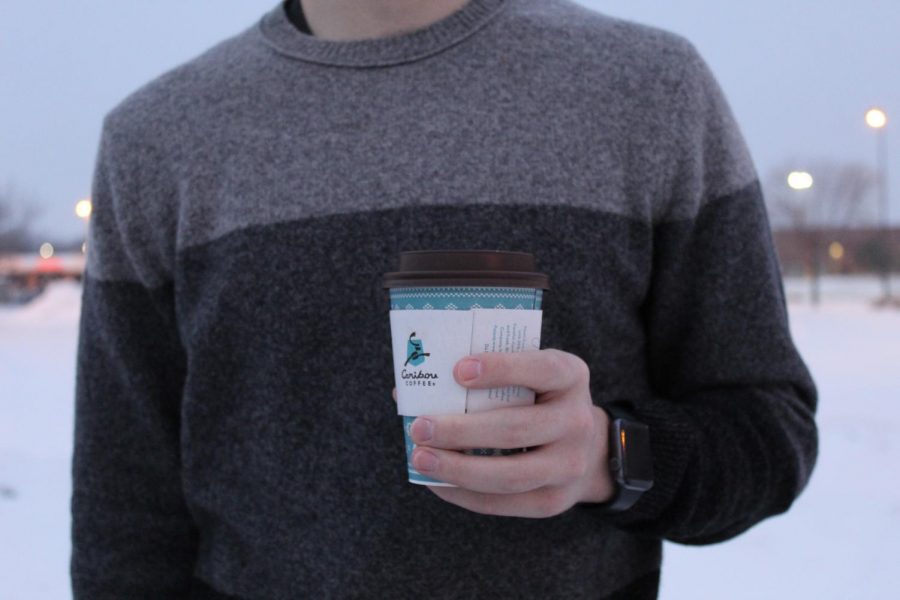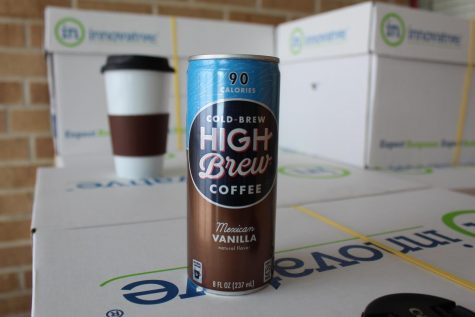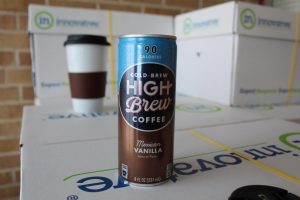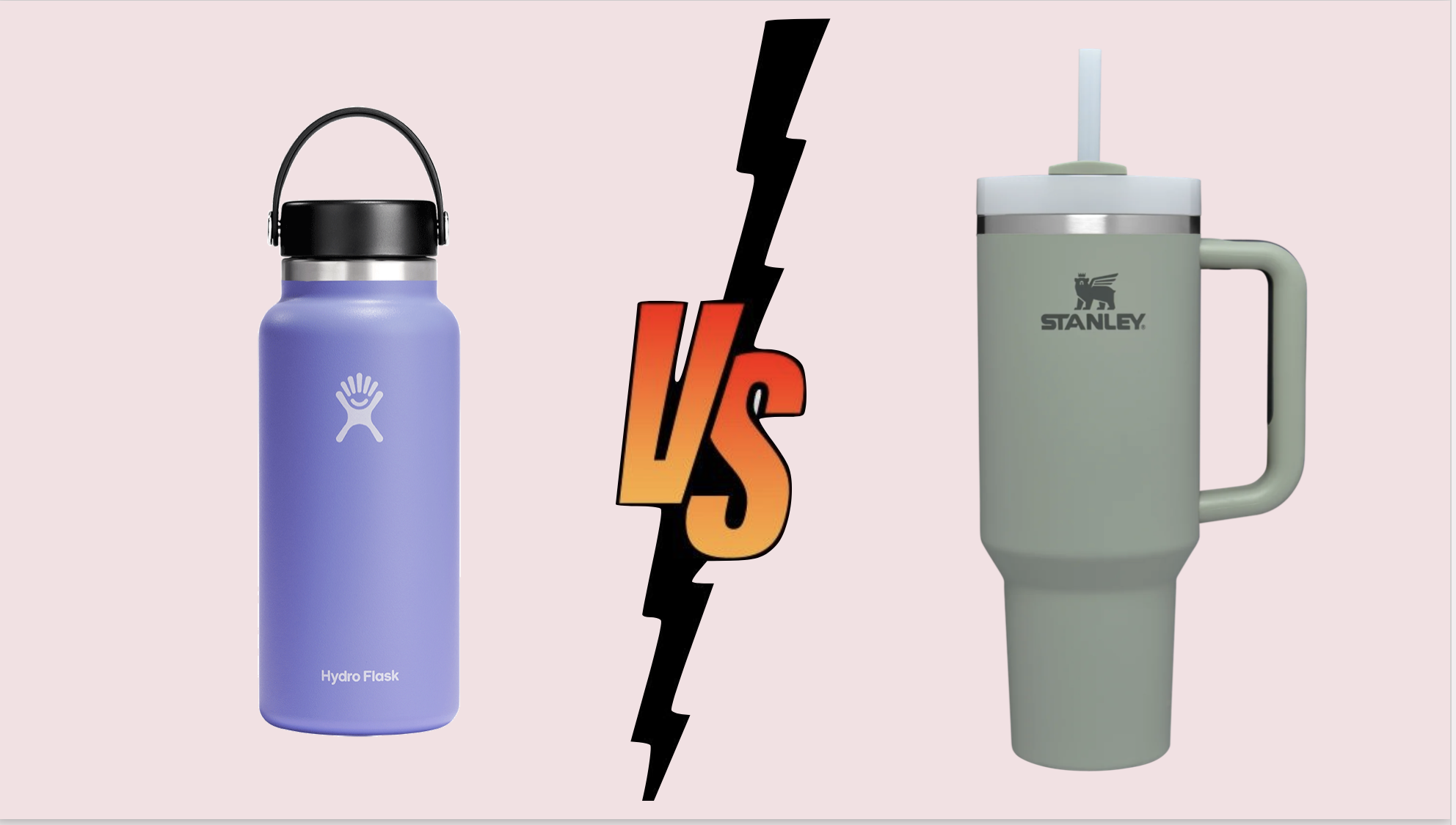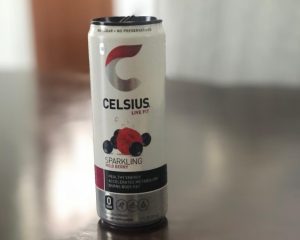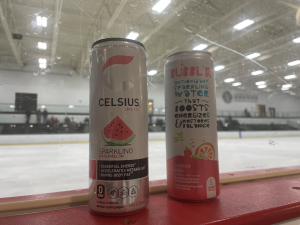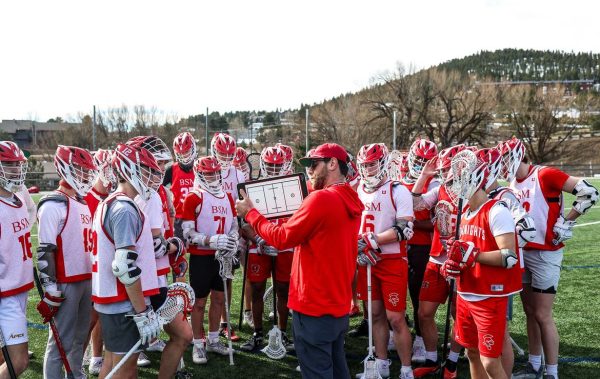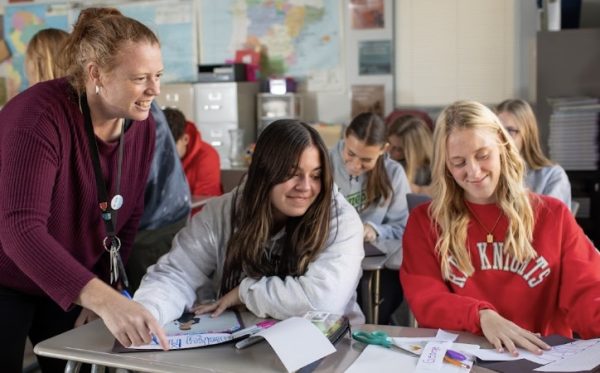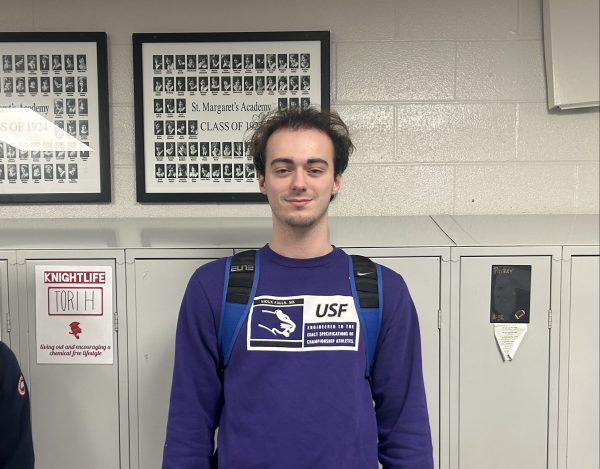Students find the pros and cons of caffeine
Although there is a population of students who rely on caffeine for energy and focus throughout the day, there is a group that does not. Although caffeine is allowed in school, it’s a tool that should be treated with caution.
Students use caffeine as a helpful tool to stay awake, but some see it as a crutch.
January 23, 2020
Coffee, tea, soda, and energy drinks are all sources of caffeine in students’ lives. And students, they can often feel that they don’t have enough time or energy for the papers, tests, and homework that we need to get done. Eight hours of sleep per night just isn’t realistic for many, leaving them with grogginess, inability to pay attention, and headaches whether that’s due to homework or other factors, such as social media and TV. Located in homes, in shops, and even BSM’s own Taher lies that answer: caffeine.
The problem of in-school tiredness spans all grades, and apparently so does the caffeine. Of 89 students surveyed, 26.7% said they drink caffeine one or more times per day, and those students range from freshmen to seniors. Another 37.08% of students say they drink caffeine a few times per week. Only 21.35% of students say they never drink caffeine.
Among that 21.35% is junior Xela Gunvalson. “I don’t drink caffeine because I don’t like the taste of coffee, but the other thing is that with the energy from caffeine I’m worried is going to make my heart explode,” Gunvalson said.
Students, like Gunvalson, take other routes to keep their energy up during the day, so that they don’t become dependent on caffeine to stay awake. “I usually eat snacks and fuel myself that way,” Gunvalson said.
Other downsides to caffeine include the costs of drinks and how it makes the drinker feel as the day progresses. “A lot of people spend these two to three dollars on coffee every day that doesn’t even last long and then crash around fourth or fifth period and slug their way to lunch,” Gunvalson said.
For many, however, it is effective in providing some relief during school. “It helps me stay awake in class or to do homework,” freshman Kevin Kane said.
For others, drinking caffeine becomes more habitual. “At this point, coffee doesn’t really have as large as a result as it used to. It’s mostly there as a boost of morale other than just energy,” Ernesto Rios-Diaz, a coffee drinker since the age of 13, said. At this point, coffee doesn’t really have as large as a result as it used to. It’s mostly there as a boost of morale other than just energy. — Ernesto Rios-Diaz
Non-caffeine drinkers disagree with students who drink caffeine, saying that high school isn’t the right time to be testing out caffeine as a means for staying awake and having energy. “You’re already trying to figure out different things in your life, different projects, and how caffeine works, so I don’t think introducing this factor is helpful whatsoever,” Gunvalson said.
The consumption of caffeine is relatively understood at BSM by teachers and Taher, where a variety of caffeinated drinks can be purchased by any student. While some teachers have policies that only allow water in the classroom, many, such as science teacher Mr. Tanner Stevens, embrace a variety of drinks and the need of coffee for many students. “For me, it’s their personal choice. I can offer my commentary on it, but especially when you’re seniors, you get to make your choice,” Stevens said.
Many teachers understand why students turn to caffeine during the school year. With the stress and responsibilities that come with classes and extracurriculars, it’s incredibly hard to have a balance. “I think for me during high school, I got 8 or 9 hours of sleep a night. I was really on top of it, and I know it’s rare today,” Stevens said.
Stevens first started to drink coffee after high school and during his student teaching period because it was necessary for him to complete his tasks. “Not only was I student teaching for half a day, but going to class in the evening, and then getting back from class and having to both do my homework and plan for my next day of teaching. I think I was averaging about 4.5 hours of sleep a night,” Stevens said.
While students vary on whether or not they drink caffeine, they can all agree on one thing. They’ve been told not to drink it. “Yes, I was told by many people it would stunt my growth, so I didn’t drink it as a kid. There were people saying don’t drink the 5-hour Energies because that can cause heart attacks,” senior Vern Nowakowski said
While these fears may seem irrational or irrelevant to some, caffeine can have many negative effects on the body when not taken in moderation. Mayo Clinic says more than 400 mg of caffeine can lead to headaches, irritability, an upset stomach, and a fast heartbeat.
Having a limit on caffeine is necessary, especially when it’s easy to consume many milligrams of caffeine without realizing it. “I drink anywhere between 300-500 mg of caffeine a day, but 500 mg is my max,” Rios-Diaz said.
For reference, a 20-ounce plain coffee from Starbucks has 410 mg of caffeine, and other drinks with a mixture of non-coffee ingredients tend to have less. A 20-ounce tea has about 65 mg of caffeine. Energy drinks tend to have 100-150+ mg of caffeine. Soda has the lowest amount of caffeine at about 30 mg per serving. These statistics demonstrate different forms of caffeine tend to vary in their strength. One can drink more than 4x as much tea as they can coffee to be within a healthy amount of caffeine.
Moderation acts as a counter to notions that all caffeine is bad, or even that some forms are worse than others. “As long as you are doing it in moderation, you’re fine, just don’t go overboard on it. It’s true for pretty much anything in life,” Stevens said.
As long as you are doing it in moderation, you’re fine, just don’t go overboard on it. It’s true for pretty much anything in life. — Mr. Tanner Stevens
Caffeine is widely adopted by students and teachers, sold at school, and allowed during some classes. However, it’s vital that students understand the importance of keeping control and what their exact intent for drinking it is. “I started drinking coffee just for the purpose of staying awake, not for the purpose of liking it. I wanted to keep it as the tool that I needed to stay awake,” Stevens said.




